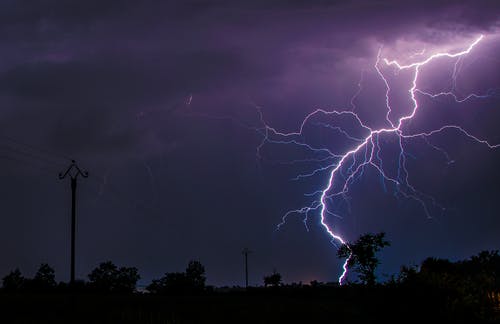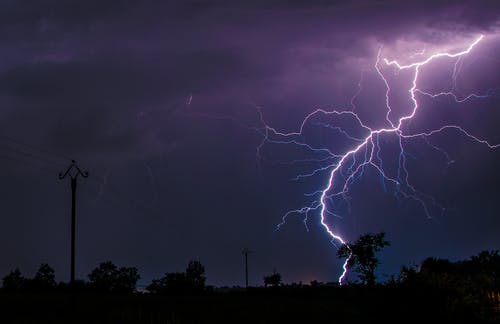Today, January 9th, is National Static Electricity Awareness Day!
The Library of Congress defines static electricity as "an imbalance between negative and positive charges in objects." Static electricity is completely harmless and can manifest itself in a variety of ways, such as rubbing a balloon against your clothes and sticking it to the walls or on your hair to cause it to raise.
The first recorded instance of static electricity was when Thales of Miletus, a Greek philosopher, recorded that he noticed that dust was sticking to his ambers after rubbing them; however, it wasn’t until many years later that the term “electricity” was established, and that’s when humanity began to pursue a greater understanding of the concept of static electricity. National Static Electricity Day is now observed because it has become an essential component of and has shaped our daily lives in numerous positive ways. Factory air pollution, for example, can be managed thanks to advances in static electricity and electric engineering.
A few interesting and fun facts about static electricity:
- Lightning is actually a form of static electricity due to the electric charge exchange between clouds;
- Static electricity could be harnessed as a future source of energy; and
- Photocopy machines use static electricity to place ink on paper.
If you want to learn more about science and static electricity, please visit: https://www.sciencemadesimple.com/static.html



